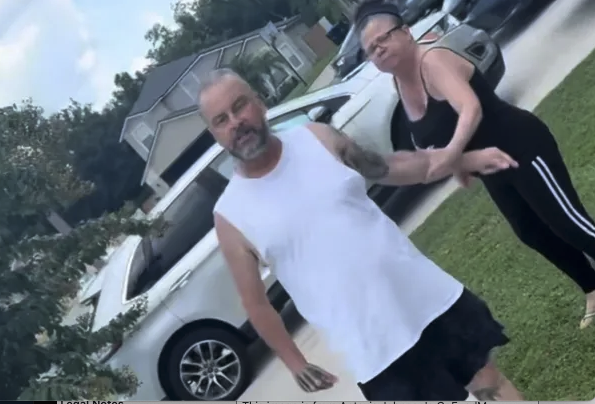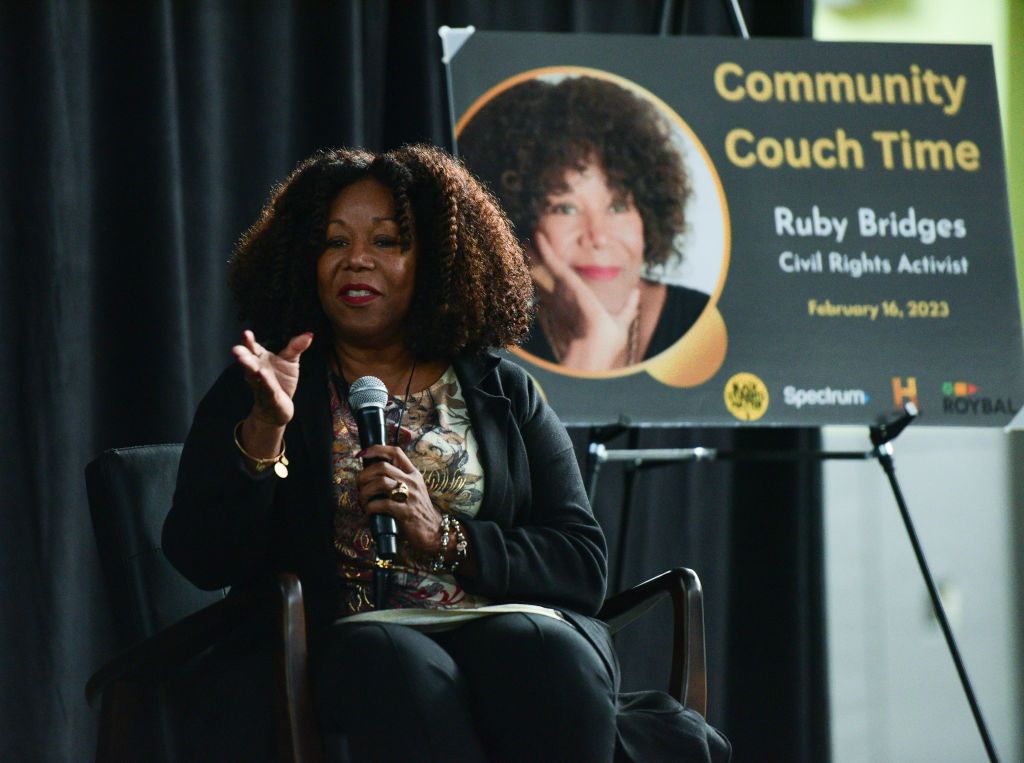Floyd Roger Myers Jr.’s Death Puts A Spotlight On Heart Health
Floyd Roger Myers Jr.’s Death Is A Wake-Up Call For Young Adults & Their Heart Health

The music and television community is reeling after the unexpected death of actor Floyd Roger Myers Jr., who passed away at age 42 from a heart attack at his Maryland home. His mother, Renee Trice, revealed that Myers had suffered three prior heart attacks in recent years. Myers made a memorable mark early in his career, playing the younger version of Will Smith’s character in the 1990s sitcom The Fresh Prince of Bel-Air, and later portraying Marlon Jackson in the miniseries The Jacksons: American Dream. Beyond the screen, he co-founded the nonprofit group Fellowship Men’s Group (also known as “Fellaship”), which focuses on men’s growth, demonstrating his commitment to supporting others even while wrestling with his own health battles. His death leaves behind four children and a legacy of both creative and community-driven work, yet also a heartbreaking reminder that heart health isn’t just an issue for older adults.
Myers’ passing serves as a wake-up call about heart health, especially among younger adults. According to OU Health, there has been a roughly 30% increase in heart disease-related hospitalizations among adults under 45 in recent years, reflecting a larger trend of cardiovascular issues striking younger age groups. Experts report that conditions such as high blood pressure, high cholesterol and even heart attacks are appearing far earlier than many anticipate, sometimes starting in one’s 20s or 30s. This isn’t just statistical either. For Myers, the presence of multiple prior heart attacks suggests that aggressive cardiovascular disease progression can exist even when someone is perceived as “young.” The tragedy highlights how quickly things can escalate if risk factors go unchecked.
So what can young adults do to protect their hearts? First, schedule a routine check-up and ask about basic cardiovascular screenings: blood pressure, cholesterol, blood sugar and family history. According to OU Health, many young adults never check these vital signs or discuss heart risk until it’s too late. From there, incorporate stress-management and healthy lifestyle habits: move more (even short walks count), prioritize whole foods over heavily processed options, aim for 7-8 hours of sleep, and avoid long stretches of sedentary screen time. Sitting for extended periods, a poor diet, and low activity are major contributors to early heart disease in young people. Additionally, be aware of the warning signs: unexplained fatigue, shortness of breath during regular activity, palpitations, or chest pressure. Don’t discount these symptoms, even if you’re in your 30s or early 40s.
In the end, although Myers’ passing may feel unfair, it should also inject urgency into conversations about heart health. Young adults often feel invincible, but the data show heart disease is no longer just an “older person’s” problem. The ripple effect of this tragedy has been felt on social media, where fans shared memories of Myers’ screen roles and questioned how such a vibrant young father and mentor could be taken away so soon. Until more young people take action on prevention, it is hoped that Myers’ story will help shift behavior and awareness, so future losses like his become less common.
SEE ALSO:













